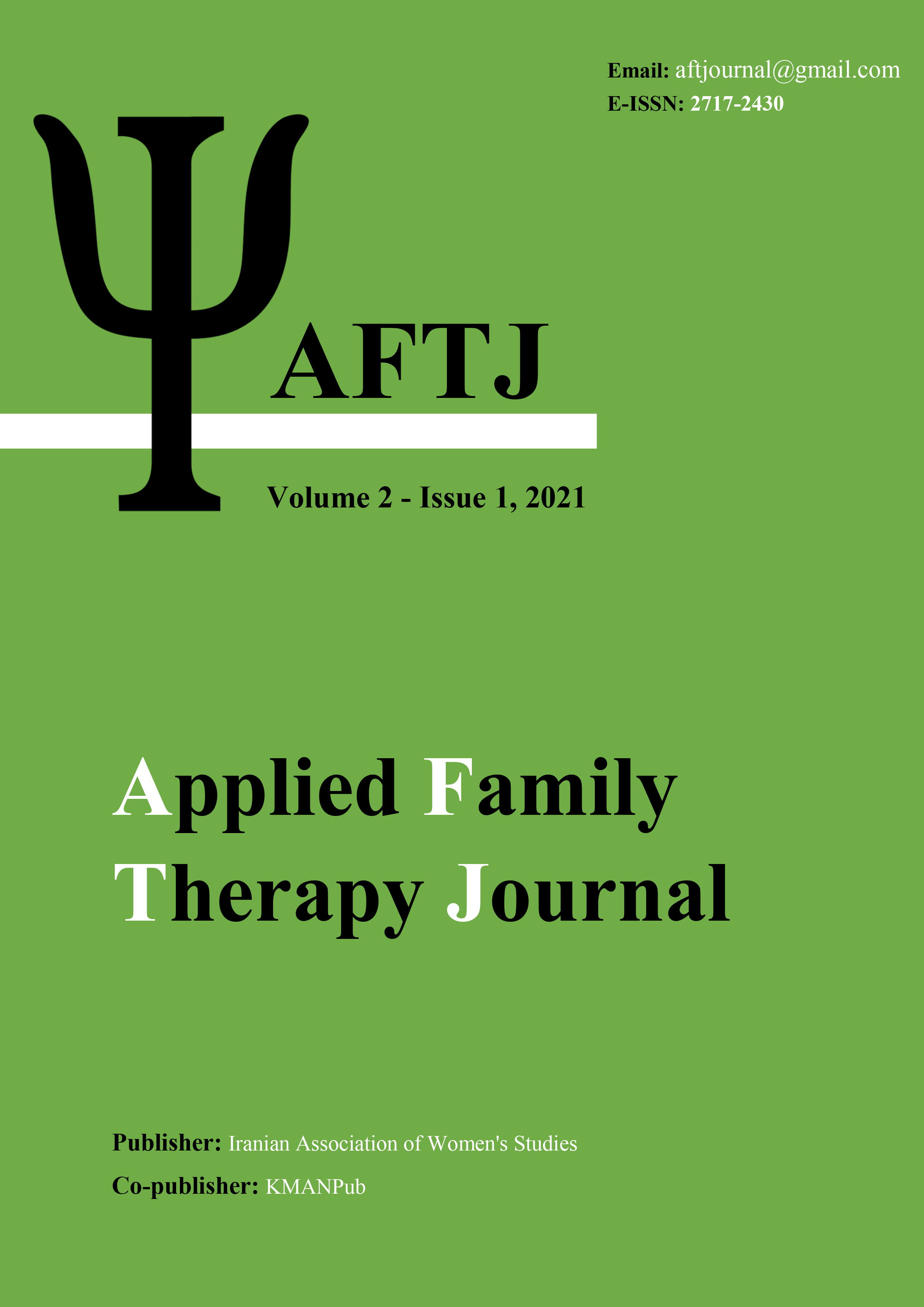The modeling of social maturity among couples based on sexual satisfaction, psychological well-being, controlling behaviors with the mediation of intimacy
Keywords:
Social Maturity, Sexual Satisfaction, Psychological Well-Being, Controlling Behaviors, IntimacyAbstract
Aim: This study aimed to present the modeling of social maturity among couples based on sexual satisfaction, psychological well-being, and controlling behaviors with the mediation of intimacy. Methods: This study is cross-sectional and the type of correlational. The statistical population included couples in Tehran in 2019, from which 370 participants were selected by multi-stage cluster sampling. The research tools included Rao's Social Maturity Scale (1990), Hudson Sexual Satisfaction Index (1981), Keys & Magyarmo (2003) Psychological Well-being Questionnaire, Graham-Cowan & Archer (2005) Controlling Behaviors, and Walker-Thompson (1983) Intimacy Behavior Scale. The data collected were analyzed using structural equation modeling analysis and SPSS-23 and Lisrel-V8.8 software. Results: The results indicated that there is a positive relationship between sexual satisfaction and social maturity with the mediating role of intimacy (P = 0.05). Also, there is a positive relationship between psychological well-being and social maturity with the mediating role of intimacy. Furthermore, there is a negative relationship between controlling behaviors and social maturity with the mediating role of intimacy (P = 0.05). Conclusion: Accordingly, it is helpful for the researchers and therapists to consider the noted variables in designing more suitable therapies.
Downloads
Downloads
Published
Issue
Section
License

This work is licensed under a Creative Commons Attribution-NonCommercial 4.0 International License.





















